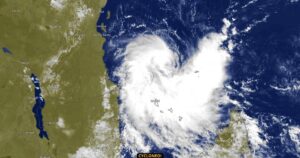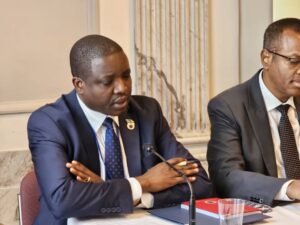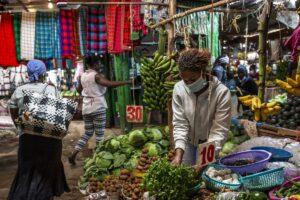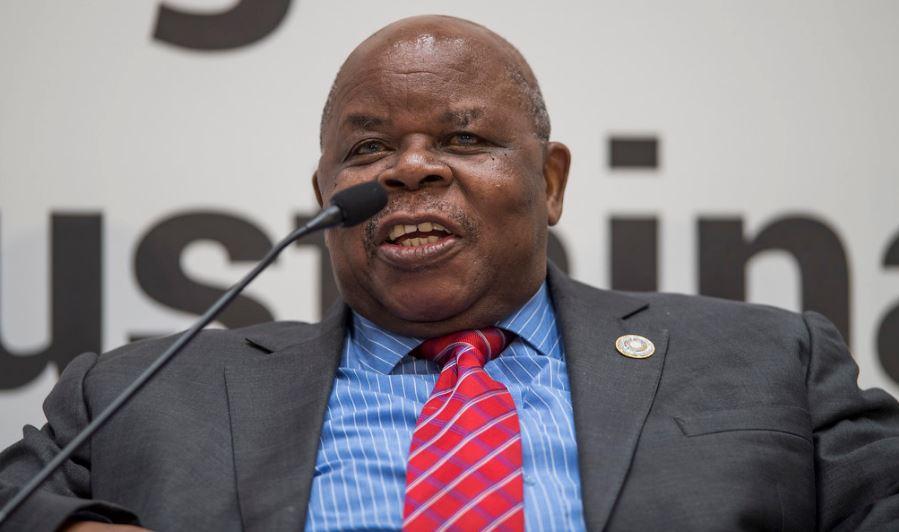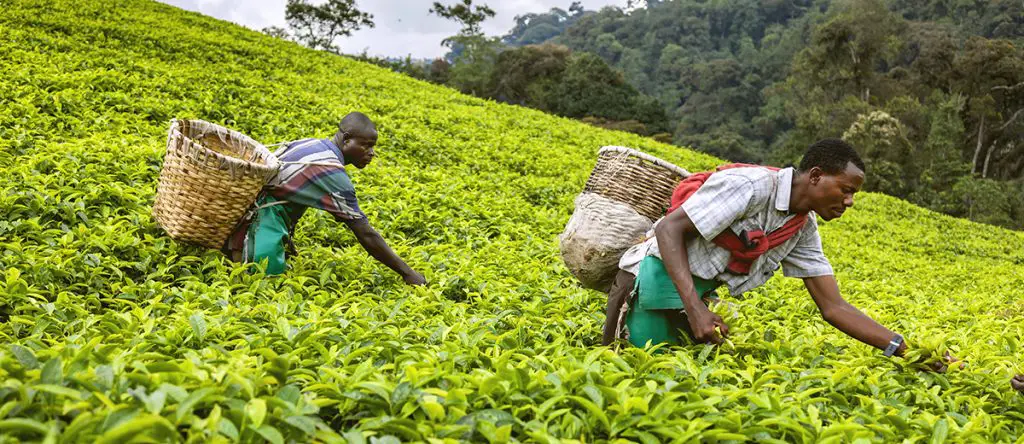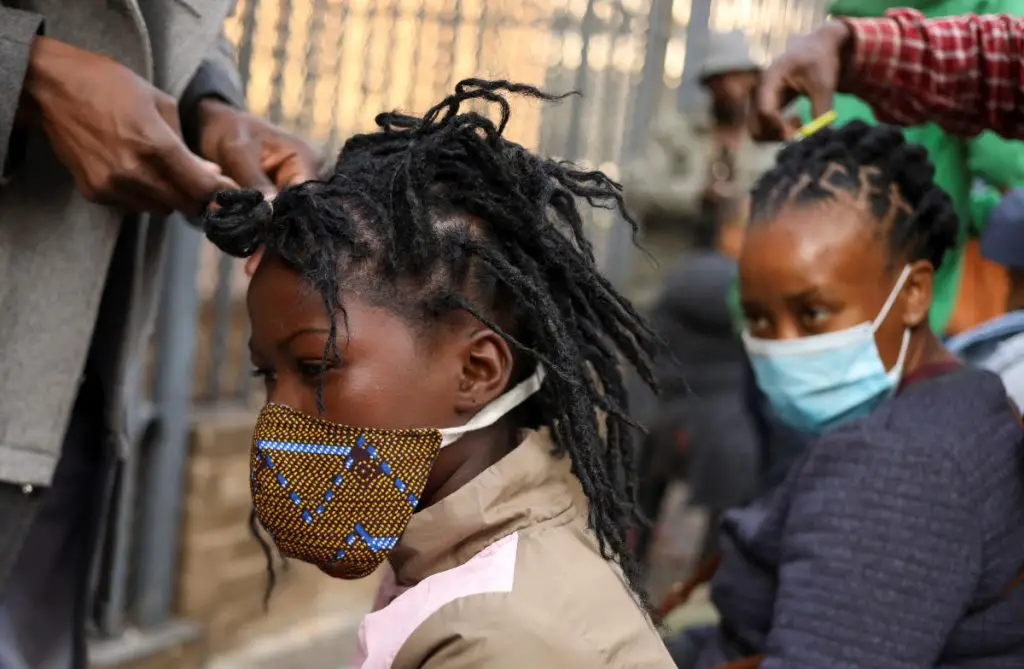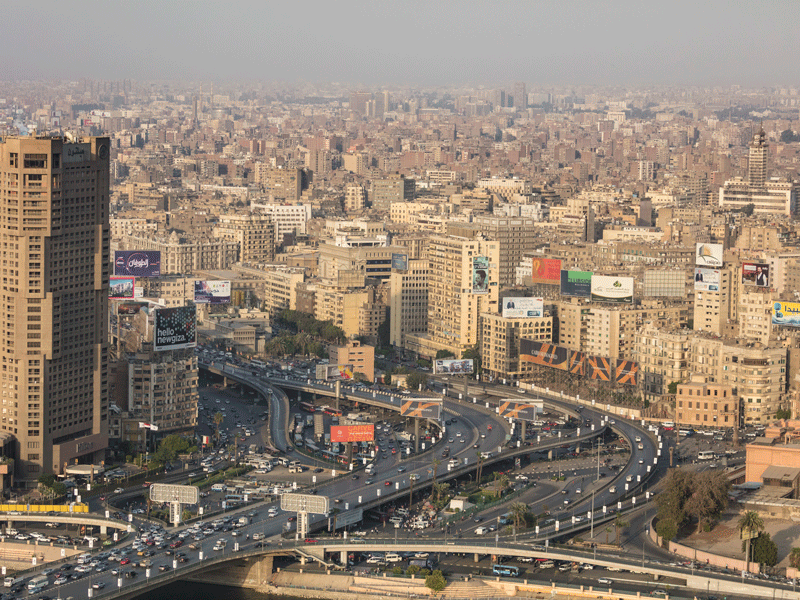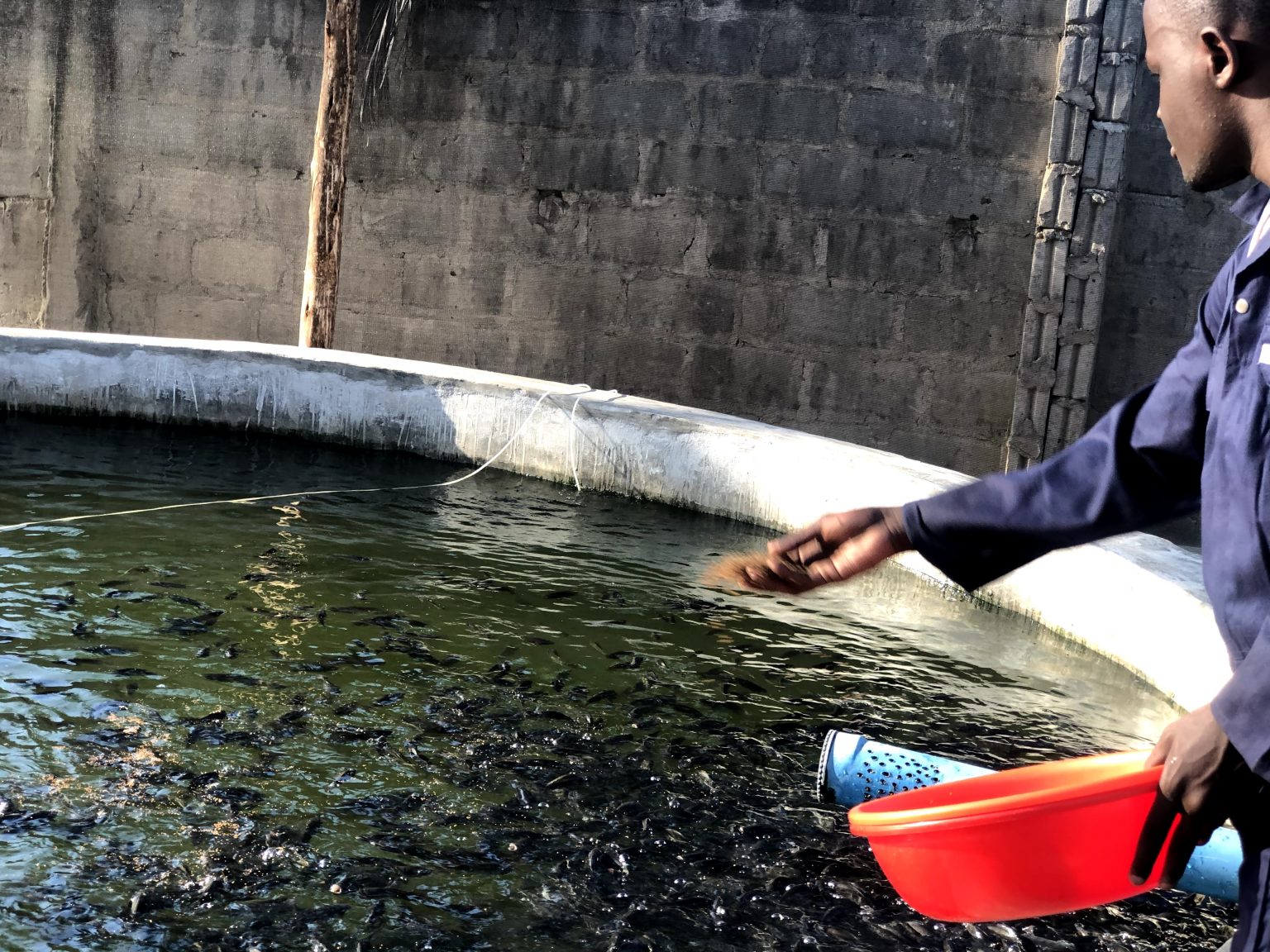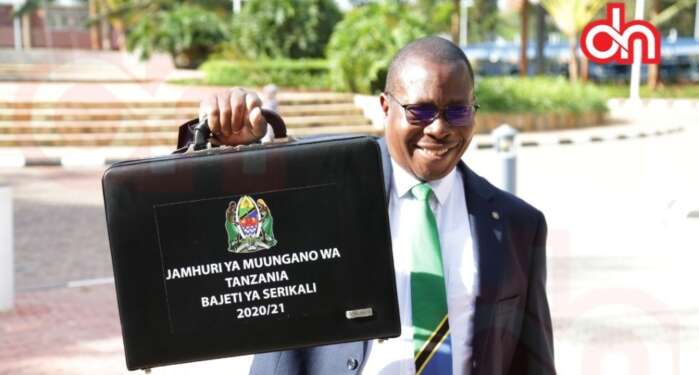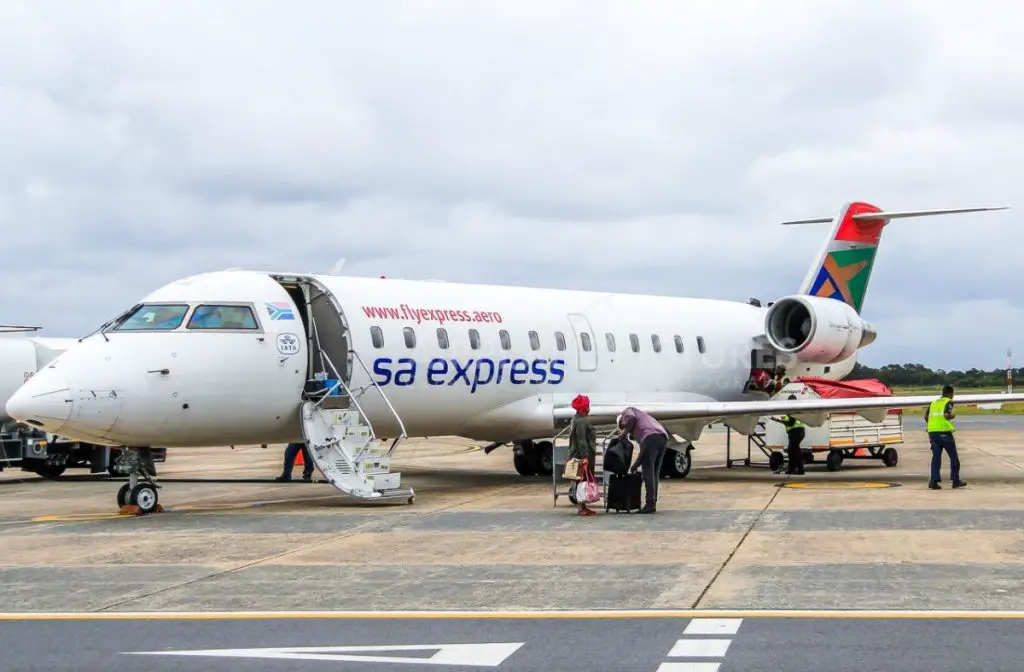- Kenya, Tanzania braces for torrential floods as Cyclone Hidaya approaches
- EAC monetary affairs committee to discuss single currency progress in Juba talks
- Transport and food prices drive down Kenya’s inflation to 5% in April
- Payment for ransomware attacks increase by 500 per cent in one year
- History beckons as push for Kenya’s President Ruto to address US Congress gathers pace
- IMF’s Sub-Saharan Africa economic forecast shows 1.2 percent GDP growth
- The US Congress proposes extending Agoa to 2041, covering all African countries
- Millions at risk of famine as fuel tax row halts UN aid operations in South Sudan
Author: Padili Mikomangwa
Padili Mikomangwa is an environmentalist based in Tanzania. . He is passionate about helping communities be aware of critical issues cutting across, environmental economics and natural resources management. He holds a bachelors degree in Geography and Environmental Studies from University of Dar es Salaam, Tanzania.
Tanzania has lost a vibrant development champion, energetic politician and a great diplomat, Benjamin William Mkapa—the third President of Tanzania. The tragic news of his passing came to the public via the Tanzania Broadcasting Corporation (TBC) where the current President John Magufuli told the nation Mkapa died at a Dar es Salaam hospital, on the night of July 23.
“Our beloved Benjamin William Mkapa, the third president has passed away at a Dar es Salaam hospital where he was admitted,” President Magufuli said.
The late president was in office from 1995 to 2005, whereby during his tenure, Mkapa became an important figure in Tanzania politics and development horizon, by rolling in rather vital and strategic policies and initiatives to streamline Tanzania’s economic vision.
As a journalist, diplomat and a well-groomed politician under the late Julius Nyerere, Mkapa came to office with a clear-cut goal to eliminate corruption—leading to the creation …
Tanzania’s National Bureau of Statistics (NBS) report on the first-quarter gross domestic product (GDP) showed that the Tanzania economy managed to hit 5.7 per cent growth in Q1 compared to 6.3 per cent in the previous year similar quarter.
According to the report, the Q1 value of GDP in absolute terms GDP stood at around $ 15 billion compared to over $14 billion in 2019. On the same mark, the value of GDP at 2015 constant prices rose to nearly $13 billion in Q1 from $9 billion in the corresponding quarter in 2019.
However, the comprehensive report shows that the reformed mining and quarrying industry recorded the highest growth at 15.3 per cent and gold production was a factor.
The newly World Bank categorized middle-income nation of more than 58 million, also saw growth from human health and social work activity (10.2 per cent), professional, scientific and technical activity (8.9 …
The African continent has experienced a bitter reaction from the coronavirus pandemic, whereby as of May 13 almost every nation in the region battled the virus, while—other nations had cases less than 1000, the continent with some of the fast-growing economies could contract by 1.5 per cent and lose $200 b in income, according to International Monetary Fund (IMF) projections.
World Economic Forum brings an interesting perspective to the fold, as it pictures the regional economies in a deterioration hotbed as a result of de-globalization, and underlying factors such as operation shift to digital and debt burdens.
Hence—African Development Bank (AfDB) one of Africa’s vibrant financier has risen and displayed a rather crucial analysis pertaining the fate of the regional economy, the report was released on Tuesday 6 July 2020.
As the rest of the world strives to salvage and bounce back to normalcy, still—there are vital aspects at play …
Egypt, one of Africa’s strong economy—has seen a sharp rise in business activity which bounced back in June, marking a 4-month high record, as the North-African recovers from the coronavirus grip and showing signs of uneven recovery.
According to information from IHS Marki, Egypt non-oil sector rose sharply, while the Purchasing Managers Index (PMI) rose to 44.6 in June from 40.7 in May, remaining below the threshold of 50 that separates growth from contraction.
However, the rebound is felt evenly as still things tighten, unemployment has risen to 9.2 per cent, firms cutting wages at a fast pace in four years—hence HIS economist anticipates potential change.
READ:IMF $5.2 Billion Stand-By Arrangement for Egypt
A different view
On the other side, before the pandemic, the World Bank’s Macro Poverty Outlook noted that growth was driven by a macroeconomic stabilization program that was largely successful, generating a solid primary budget surplus, …
Tanzania is blessed with plenty of water bodies, from the vital Ruvu, and the Indian Ocean to the great lakes—Tanganyika and Victoria. These rich water-bodies have also served the nation of more than 55 million a rich blend of aquatic organisms for dietary and business needs.
Aquaculture is taking new ground in Tanzania, and more young people are taking an interest in it. Aqua-Farms Organization (AFO), a local fishery NGO based in Dar es Salaam, is one of the platforms utilizing aquatic resources for possible business and professional opportunities.
As the window of job opportunities gets slimmer, organizations such as AFO with a human capital of more than 20 youth, provide a decent and interesting line of a career that caters for multiple demands across communities, economic and health factors being the top priorities.
READ:Tanzania set to import fishing gears after change of heart
The fisheries
…Tanzania Budget 2020/2021
The Tanzanian Minister of finance and planning, Dr Philip Mpango brought the fifth government’s revenue and expenditure estimates for the year 2020/2021 before the parliament, and around $15 billion was the requested budget to be endorsed.
The anticipated document—which is also the fifth national budget under President John Magufuli administration, was somewhat a mix of recovery from COVID-19 economic shocks, a progression of development initiatives and a rather relief to several sections of the economy, including scratching off some levies and giving income earners relief.
“The year 2019/20 is ending with unexpected circumstances resulting from the destruction of transport infrastructure caused by heavy rains/floods across the country as well as the Covid-19 pandemic. The government is compelled to allocate more resources.,” Finance and Planning Minister Philip Mpango told Parliament yesterday
Also, as Tanzania reopens its economy after assessing the trend of the pandemic, the minister said that …
Helios Towers—UK based telecommunications company anticipates using around $450 million in new funds to increase its operations in Africa’s telecom sector, including Africa’s fast-growing economy Ethiopia, according to Bloomberg News.
The London listed telecom company which Q1 2020 financial show revenue increased by 9 per cent, is eyeing on capturing the region’s telecom potential, which has grown substantially over the past decade, especially in East and West African countries.
By the end of 2018, there were 456 million unique mobile subscribers in Sub-Saharan Africa – an increase of 20 million over the previous year and representing a subscriber penetration rate of 44 per cent, according to GSMA 2019 report.
Hence, the company looks forward onto Ethiopia’s process of opening its telecom industry to private investors, with two new mobile licenses up for auction alongside a minority stake in the state monopoly.
According to Bloomberg News, Helios Chief Financial Officer Tom …
The executive board of the International Monetary Fund (IMF) approved a $14.3 grant under its Catastrophe Containment and Relief Trust (CCRT) yesterday to assist Tanzania in servicing its debt to October 13, 2020.
According to the lender statement, further allocation of additional relief covering the period of October 14, 2020, to April 13, 2022, will be granted subject to the availability of resources in the CCRT, potentially bringing total relief on debt service to the equivalent of about $25.7 million.
Tanzania has been one of many countries in Africa where it’s the fast-growing economy was shaken by the coronavirus (COVID-19) pandemic.
As crucial sectors including tourism, travel and exports were hurt—the IMF equivocally noted that the debt service relief will aid “alleviating Tanzania’s balance of payment needs stemming from the COVID-19 pandemic,”
Tanzania’s closest lender also took the liberty to address various issues including debt service anticipated impacts …
The coronavirus (COVID-19) has hurt the South African business confidence, making it to drop to the lowest level in almost 45 years.
Among the factors sited for the drop include the resources spent in virus prevention measures—particularly the strict lockdown.
What the index says
According to information from Bloomberg News, the second-largest economy in Africa readings started in 1975 showcased, the deep fall, whereas both—Rand Merchant Bank (RMB)unit and Stellenbosch University affirmed that, a quarterly gauge measuring business confidence fell to 5 in the second quarter from 18 in the previous three months.
However, a reading of 5 means “just about every respondent in the second quarter was unsatisfied with the prevailing business conditions,” RMB said. The survey was based on the responses of 1,800 business executives between May 13 and June 1.
Further, as the nation moves away from the harsh-lockdown total of around 1 800 executives surveyed across …
South African aviation industry, which is also one of the regions largest carrier is facing challenging setbacks, including the current state of the SA Express—which is state-owned, which just slid from a liquidation process, as a judge granted its three-month delay, pending anticipated government intervention, according to information Reuters.
Saved by the possibility of an investor
After several rescue attempts, June 9 was the set court date—hence, due to the possibility of a potential investor—which the National Union of Metalworkers of South Africa and the South African Cabin Crew Association (SACCA) claim to have an investor from the United Arab Emirates potentially interested in buying a stake in SA Express, the issue has been postponed until September 9, according to information from News24.
According to the laws of South African regarding foreign ownership in domestic airlines, the “potential” investor is limited to 25 per cent. Hence—as the unions did not …
